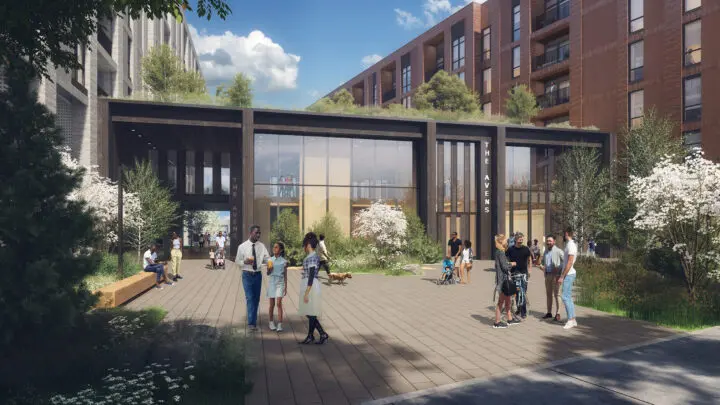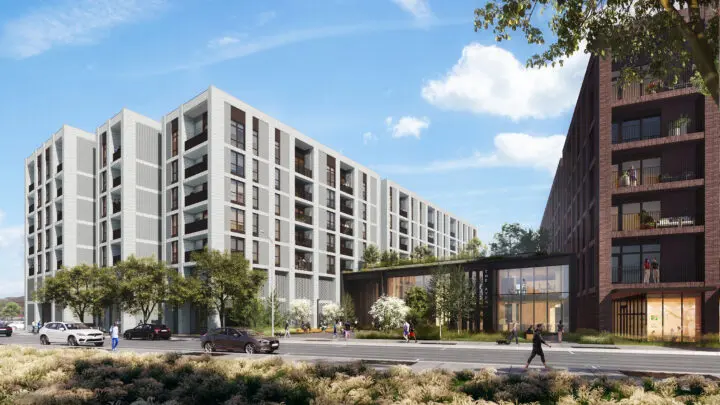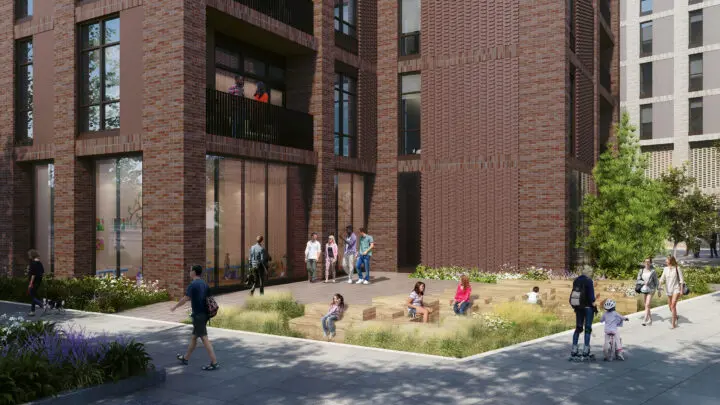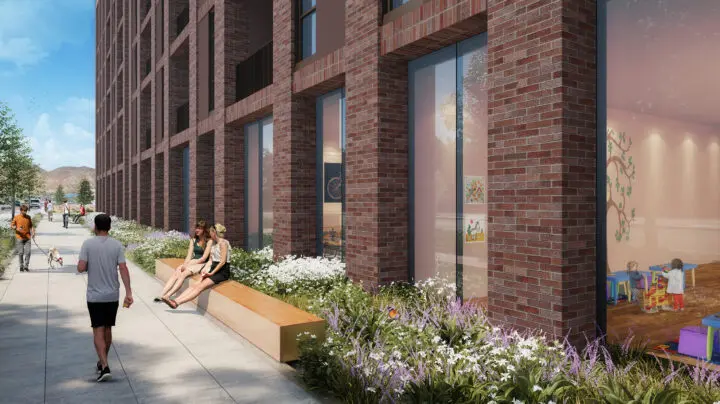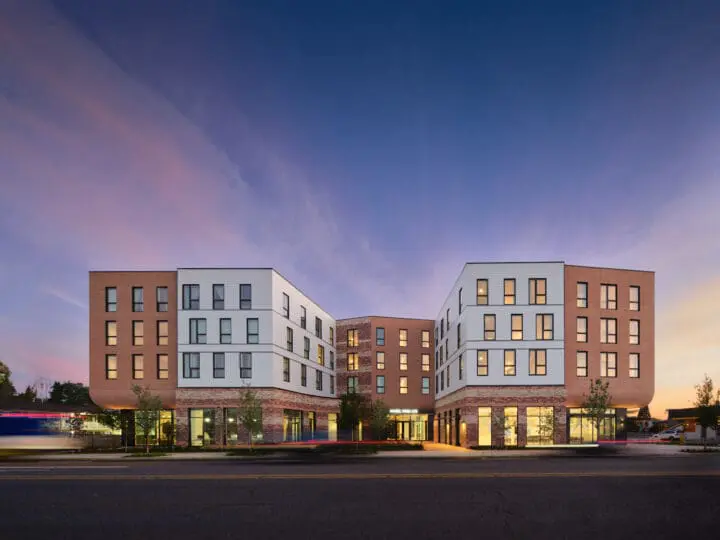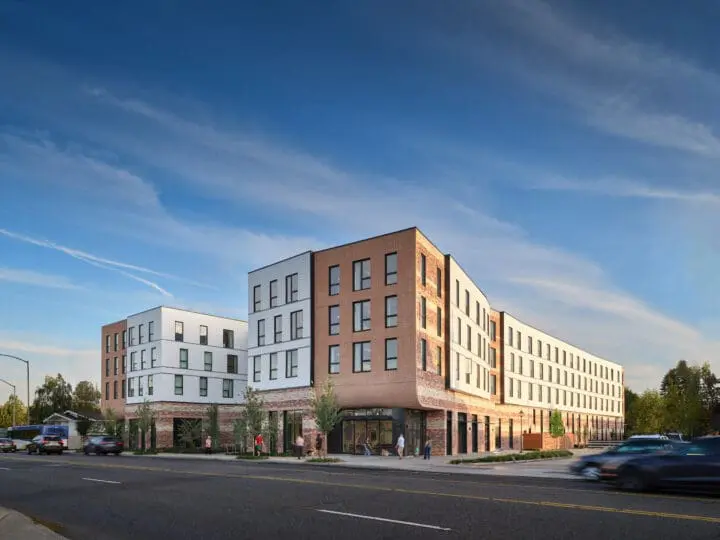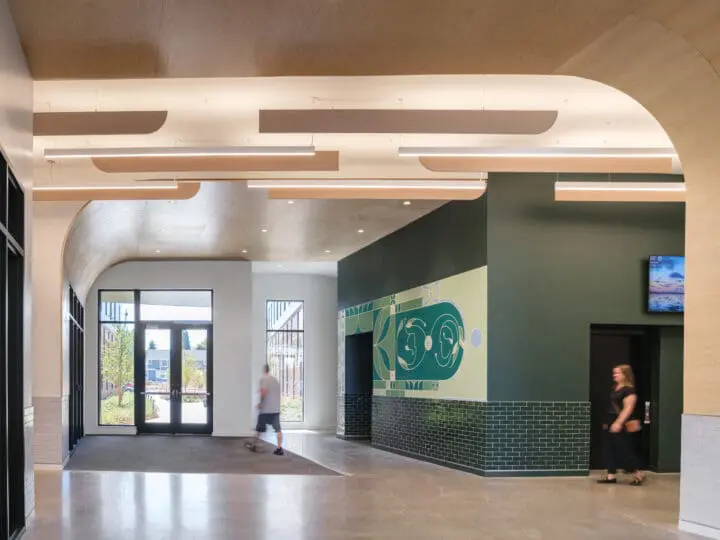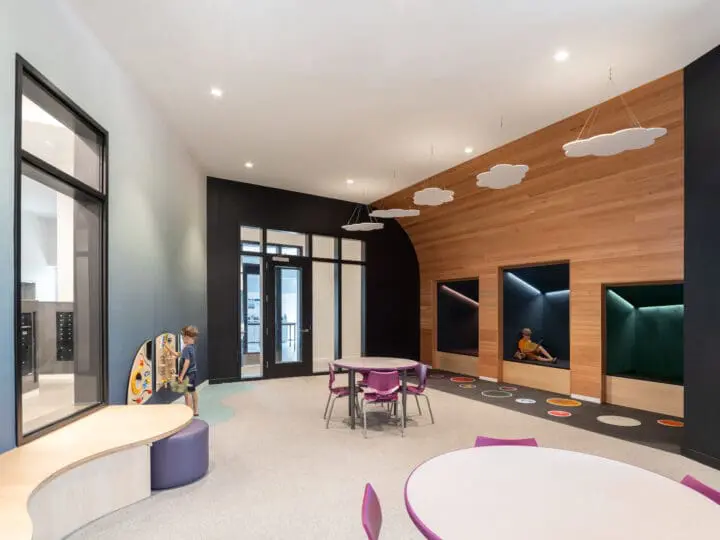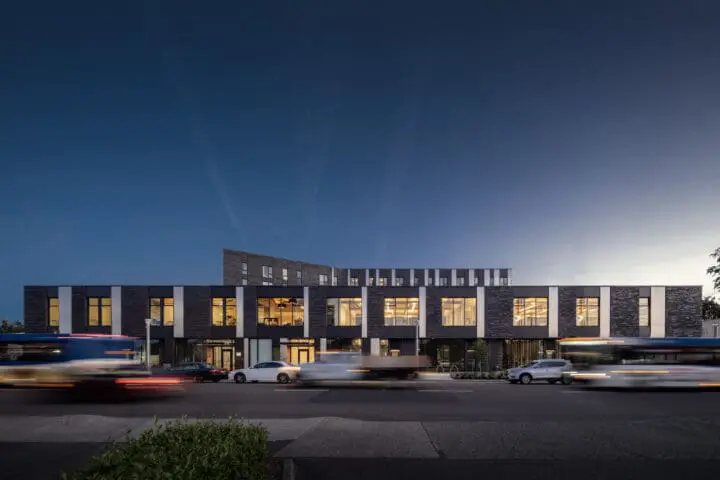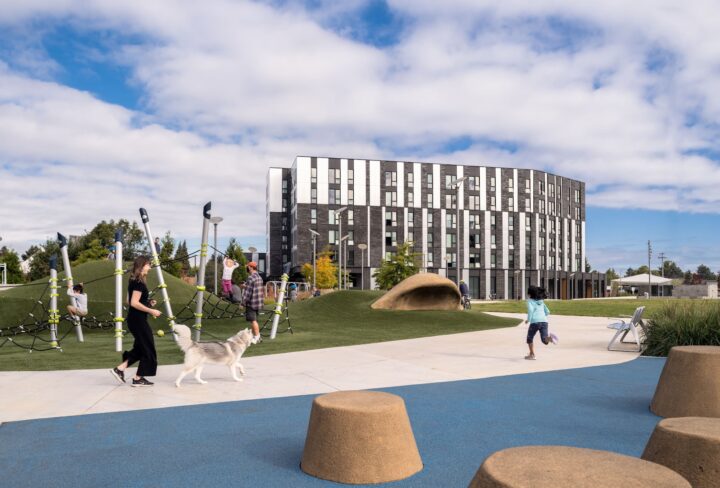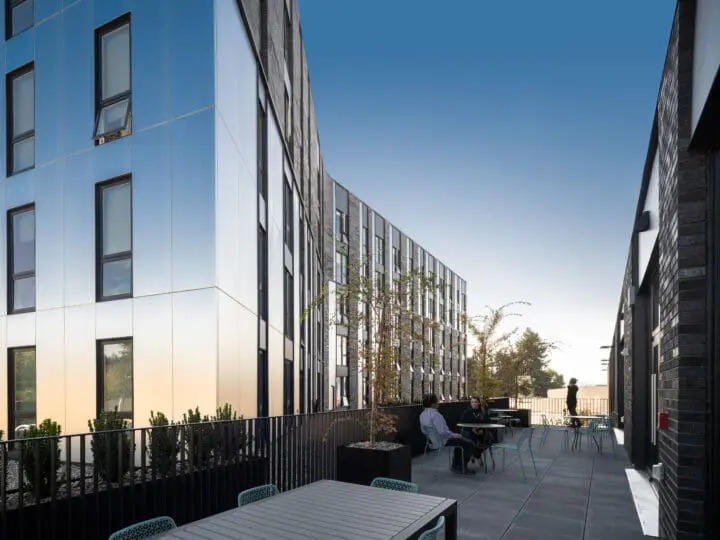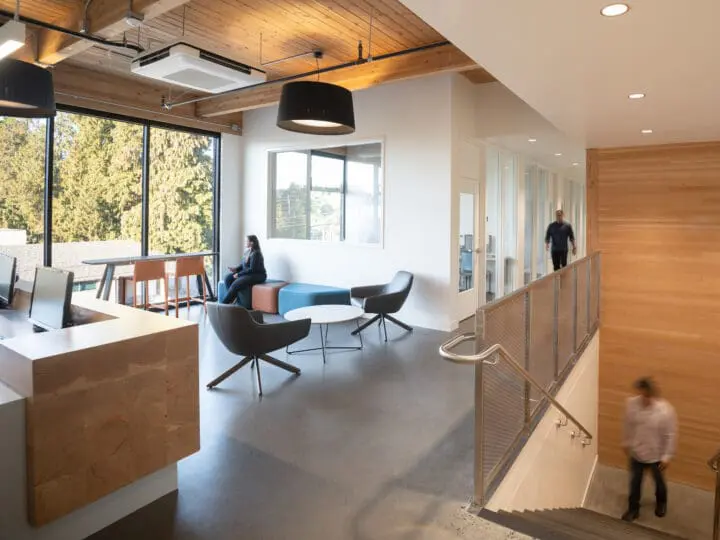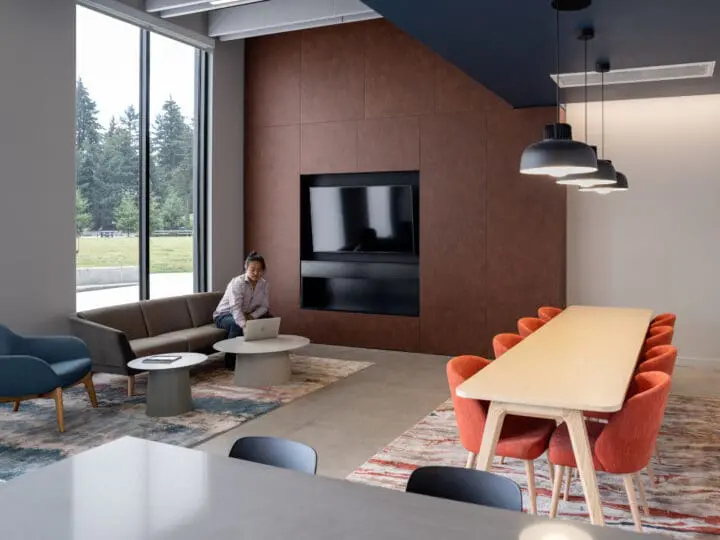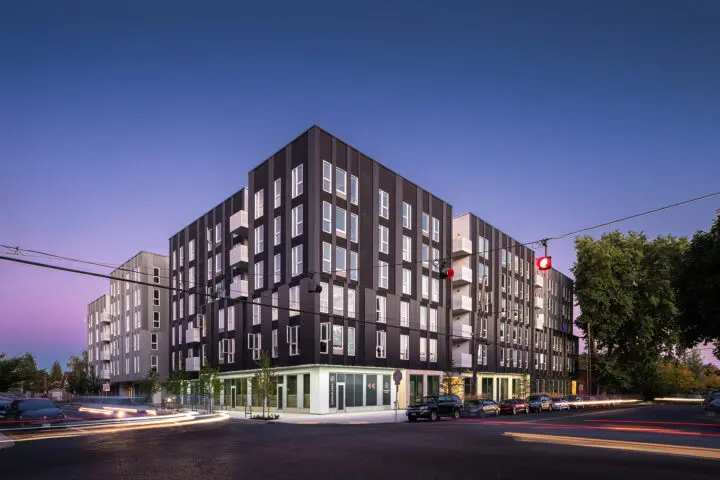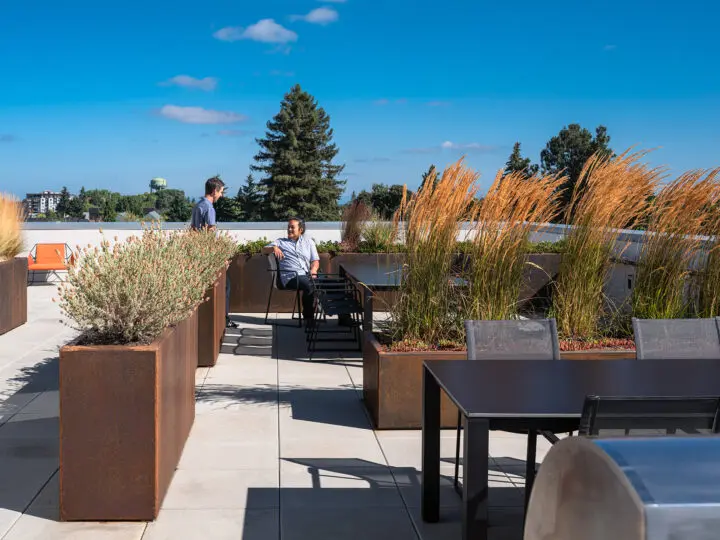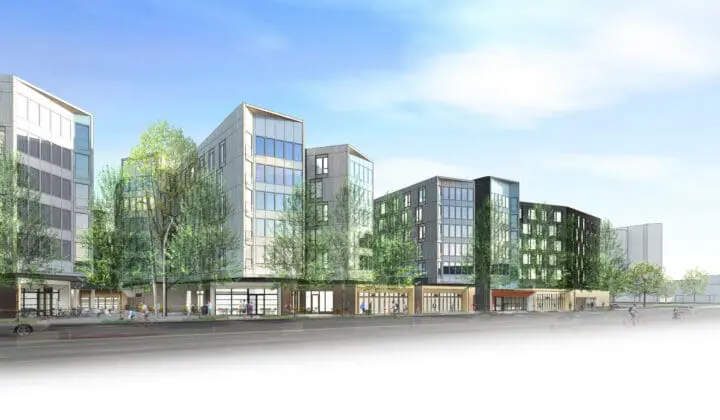
The Byline
An urban design plan for Portland’s Lloyd District, The Byline, was designed to better connect inspired places and create a vibrant mixed-use apartment community.
Project Details
Location
Portland, OR
Client
Portland Lloyd Center Community Development, LLC
Project Size
896,000 sq. ft.
Land Recognition
We have a responsibility to not only acknowledge but also elevate Native communities and their needs. This project sits in the area currently known as Portland, which encompasses the traditional village sites of the Multnomah, Wasco, Cowlitz, Kathlamet, Clackamas, Bands of Chinook, Tualatin Kalapuya, Molalla, and many other tribes who made their homes along the Columbia River.
Educating ourselves is an important action. We encourage you to explore the stories of these communities through Native-led resources like David G. Lewis, PhD’s The Quartux Journal and Leading with Tradition.
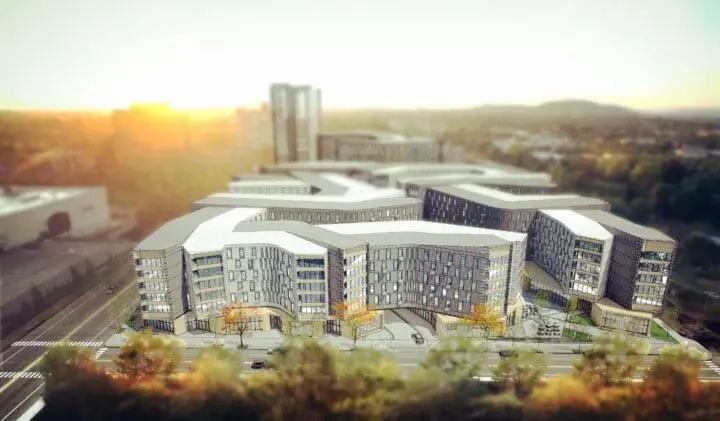
Vibrant & Inspired Urban Design Plan
Designed on an underutilized parcel near the Lloyd Center shopping mall, The Byline includes 689 residential units, over 35,000 square feet of retail space, and structured parking for residents and visitors. With high walkability, easy access to public transit, and plentiful amenities, The Byline would foster a vibrant, urban area.
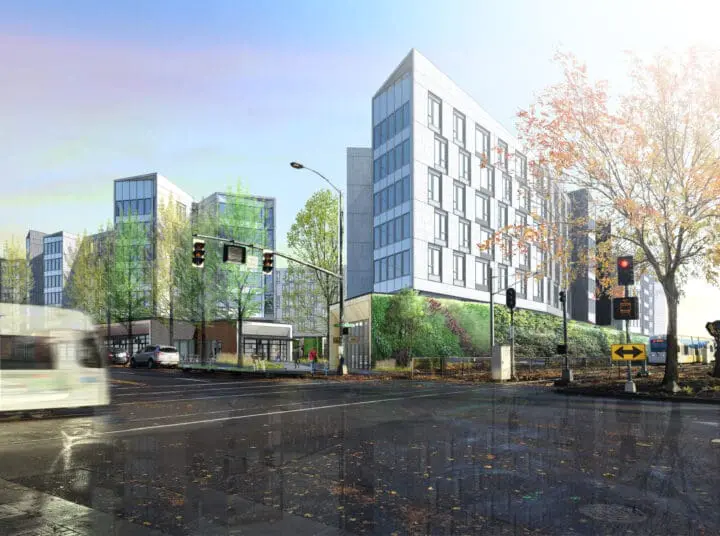
Contextual Harmony
The Byline was designed to be thoughtfully integrated into its surrounding context while amplifying the community.
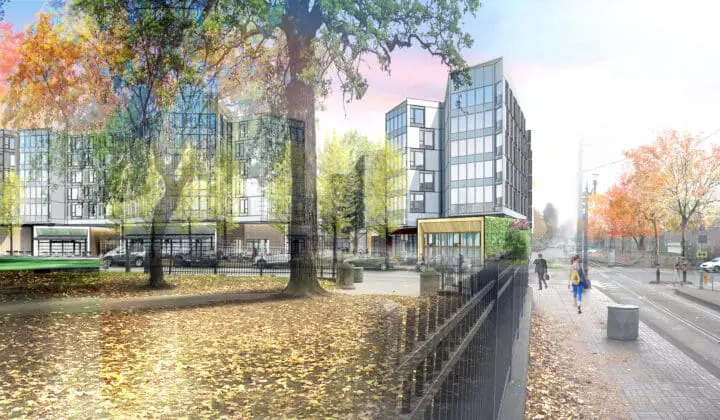
Prioritizing the Pedestrian Experience
A central pedestrian thoroughfare bisects the site diagonally to maintain easy access to mass transit.
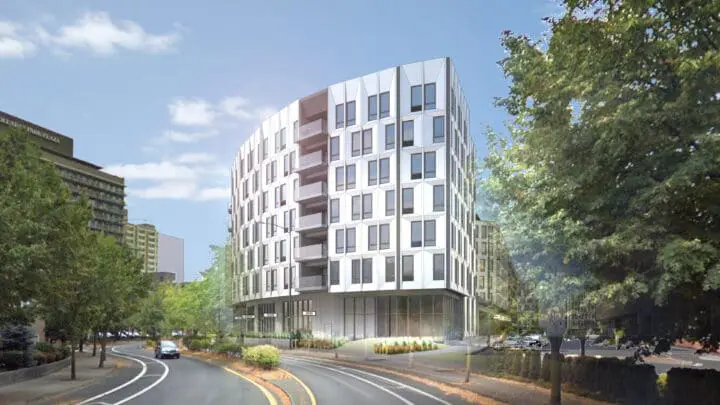

Integrating Community Values
The visually accessible design draws in neighbors and connects residents to the enhanced public places and new amenities. The currently underused property would have been transformed into one that adds value to residents’ lives, supports local jobs, and offers attractive homes for Portlanders. In keeping with the values of the community, the design incorporates sustainable principles, practices, and features to ensure a low impact on the environment.
Holst’s creative use of the superblock goes beyond the rules for a solution that is original, specific, and thoughtful. The flow of geology and people is compelling—you can’t argue with history.— Portland AIA/ASLA/APA Urban Design Panel






